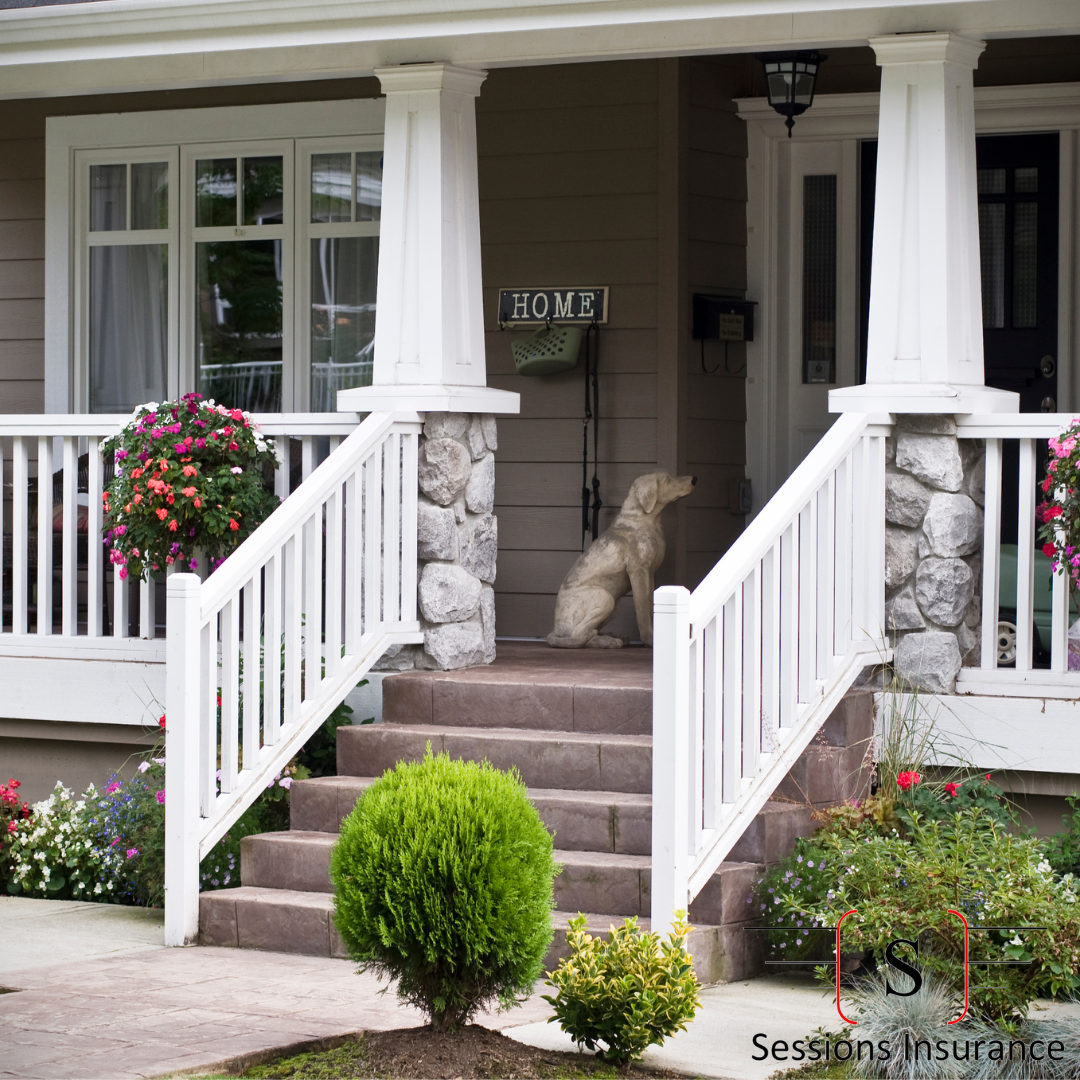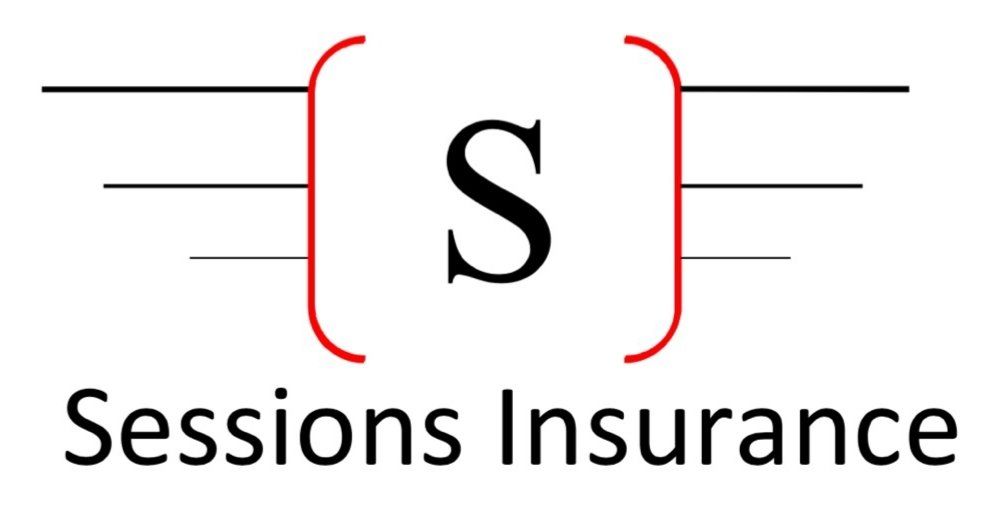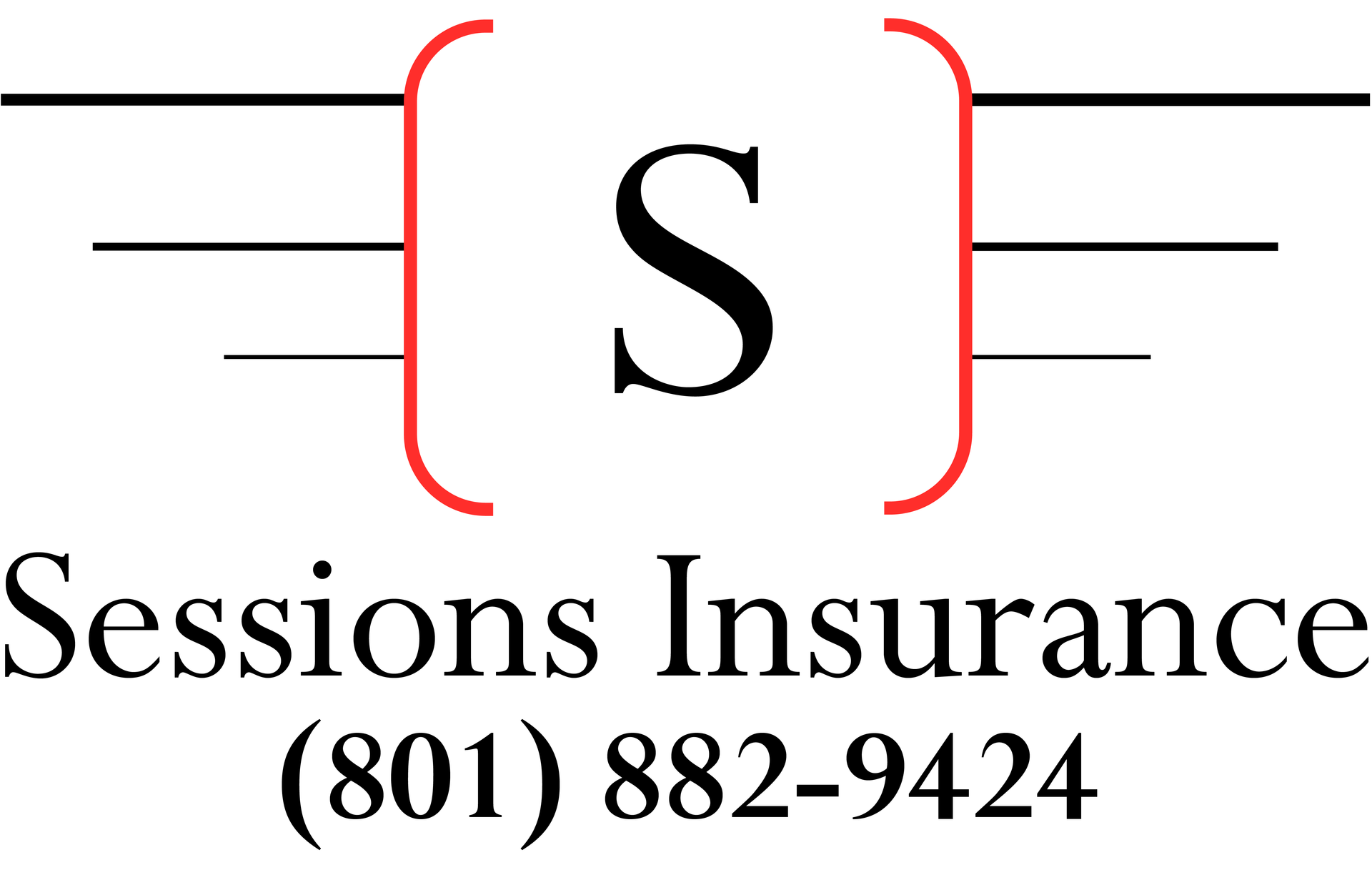Understanding the differences between personal and commercial car insurance
Understanding the Differences Between Commercial and Personal Car Insurance in Utah: A Comprehensive Guide
When it comes to insuring vehicles, it's important to understand the distinctions between commercial and personal car insurance. While both types of coverage serve to protect drivers and their vehicles, each is designed to cater to different needs and scenarios. In the state of Utah, specific regulations and coverage requirements apply to both commercial and personal car insurance policies. In this blog post, we will explore the key differences between commercial and personal car insurance in Utah, shedding light on important factors to consider when choosing the right coverage for your specific situation.
- Coverage Purpose and Target Audience:
The primary difference between commercial and personal car insurance lies in their intended purpose and target audience. Personal car insurance is designed for individuals who use their vehicles for personal commuting, errands, and recreational purposes. Conversely, commercial car insurance is specifically tailored for vehicles used in business operations, such as deliveries, transporting goods, or providing services. - Liability Coverage Requirements:
Utah mandates that all drivers, regardless of personal or commercial use, carry liability coverage to protect against bodily injury and property damage liability. However, the minimum liability coverage limits may differ based on the purpose and use of the vehicle. Personal car insurance policies tend to have lower minimum requirements than commercial policies due to the potentially higher risks and liabilities associated with business use. - Vehicle Classification and Usage:
The classification and usage of vehicles determine whether personal or commercial car insurance is required. Personal car insurance covers private passenger vehicles used for non-business purposes, including commuting to work, running errands, or weekend drives. On the other hand, commercial car insurance encompasses a broad range of vehicles used for commercial purposes, such as vans, trucks, taxis, limousines, or delivery vehicles. Generally, vehicles used primarily for business purposes require a commercial car insurance policy. - Coverage Types and Add-Ons:
Personal and commercial car insurance policies differ in the types of coverage offered and the additional add-ons available. Personal car insurance policies typically include coverage options such as bodily injury liability, property damage liability, comprehensive coverage, collision coverage, uninsured/underinsured motorist coverage, and medical payments coverage. Commercial car insurance policies, in addition to these standard coverages, often have specialized coverage options tailored to specific business needs, such as cargo coverage, hired/non-owned auto coverage, and general liability coverage. - Premiums and Cost Factors:
Various factors influence the insurance premiums for personal and commercial car insurance policies. While both types consider factors such as driving history, vehicle type, and location, commercial car insurance may have additional cost factors like the number of employees and their driving records, annual mileage, and the nature of the business operations being insured. Commercial policies often have higher premiums due to the increased risks associated with business use and the potential liabilities involved. - Utah's No-Fault Insurance System:
Utah operates under a no-fault insurance system for personal car insurance, where each driver's insurance company pays for their own medical expenses and damages, regardless of fault, up to the policy limits. However, commercial car insurance does not fall within the scope of the state's no-fault system. In the event of an accident involving a commercial vehicle, fault and liability play a significant role in determining how the claims process, coverage, and compensation are handled. - Required Coverages for Commercial Vehicles:
In addition to liability coverage, commercial vehicles in Utah may require additional coverages depending on their size, weight, and use. For instance, trucks and other commercial vehicles carrying hazardous materials are subject to additional federal and state requirements for insurance coverage. Similarly, commercial autos with a seating capacity of more than 15 passengers, such as buses or shuttles, have specific coverage requirements.
Understanding the differences between commercial and personal car insurance is vital when selecting the appropriate coverage for your vehicle. While both types of insurance aim to protect drivers and their vehicles, they cater to distinct purposes and needs. In Utah, personal car insurance primarily serves individuals using their vehicles for personal purposes, while commercial car insurance is crucial for businesses utilizing vehicles for their operations. The coverage options, liability requirements, vehicle classifications, and cost factors vary significantly between the two types. Consulting an insurance professional is essential for determining the right coverage based on your vehicle's purpose and utilization, ensuring compliance with Utah's insurance regulations, and protecting against potential liabilities and risks.




The Importance of Adding Teen Drivers to Your Insurance and How Sessions Insurance Can Help You Save







